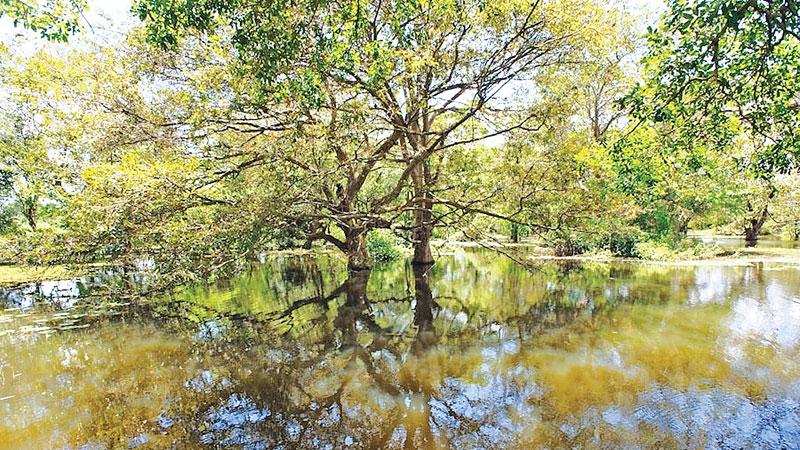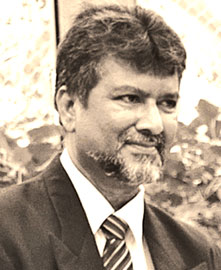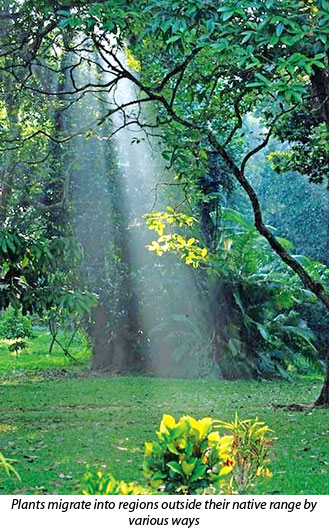
 As the future health and wellbeing of the Earth is in peril due to global warming and other environmental imbalances, all caused by human machination, the only hope of recovery is by the immediate and planned restoration of the natural habitat. Deforestation, coupled with the uncontrolled burning of fossil fuels, has been the major factor in the alteration of Nature’s equilibrium, as the Earth seeks to restore that balance with, sometimes, cataclysmic results.
As the future health and wellbeing of the Earth is in peril due to global warming and other environmental imbalances, all caused by human machination, the only hope of recovery is by the immediate and planned restoration of the natural habitat. Deforestation, coupled with the uncontrolled burning of fossil fuels, has been the major factor in the alteration of Nature’s equilibrium, as the Earth seeks to restore that balance with, sometimes, cataclysmic results.
In Sri Lanka, the recent cycles of drought and deluge, the latter causing uncontrollable flooding and landslides, resulting in the loss of human life, gives terrible warning of what can happen, and what may be, when Nature wreaks its vengeance on humanity’s gross abuse of its sanctity.
 Plants migrate into regions outside their native range by various ways. Some plants use natural ways while others migrate through anthropogenic means. Irrespective of the method, most of these migrations have ecological, cultural, historical and economic impacts on the destination, some of which, as in the case of alien invasive species, may be very destructive.
Plants migrate into regions outside their native range by various ways. Some plants use natural ways while others migrate through anthropogenic means. Irrespective of the method, most of these migrations have ecological, cultural, historical and economic impacts on the destination, some of which, as in the case of alien invasive species, may be very destructive.
In this backdrop, the Wildlife and Nature Protection Society (WNPS) will hold a lecture on “Plant Migrations” by Prof. Siril Wijesundara on July 20 at 6 pm at the Cinema Hall, BMICH, Bauddhaloka Mawatha, Colombo 7. The lecture will address the migration of some selected plants with special reference to Sri Lanka. The WNPS lecture is open to all members and non-members and admission is free of charge.
The organizers said, Prof. Siril Wijesundara is an expert in the subject. Apart from his impressive list of academic achievements - PhD (Biology), City University of New York, B.Sc. (Botany ) and M.Phil (Botany), University of Peradeniya; Director General, Department of National Botanic Gardens (2006-2015), elected Fellow of the National Academy of Sciences 2006; Honorary Professor, University of Hong Kong; Research Professor NIFS, Kandy (January 2016 – to date) – he has the practical knowledge of establishing two Botanical Gardens (Mirijjawila, Hambantota - 300 acres and Illuk Ovita, Avissawella - 105 acres). Not surprisingly, he is a repeat recipient of the Presidential Awards for Scientific Research(2001, 2002, 2007, 2008, 2009, 2011 and 2012). While there may be glamour and excitement in studying the larger fauna of this island – the elephant, leopard and bear - they, and we, would not exist without the flora which has sustained the life and environment of this island to support such variety that it is acknowledged as one of the foremost biodiversity hotspots in the world. This is a lecture for all those true conservationists and nature lovers who understand the vital importance that plants play in ensuring Nature’s balance, and blessing.
